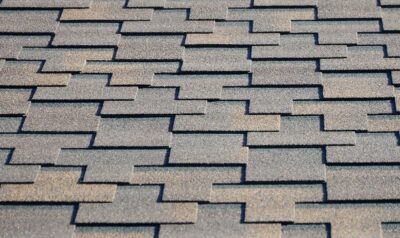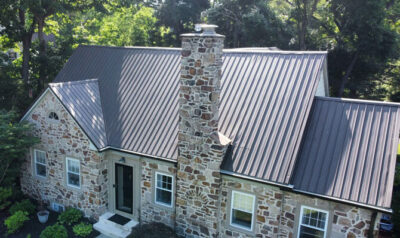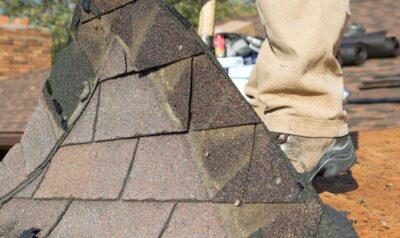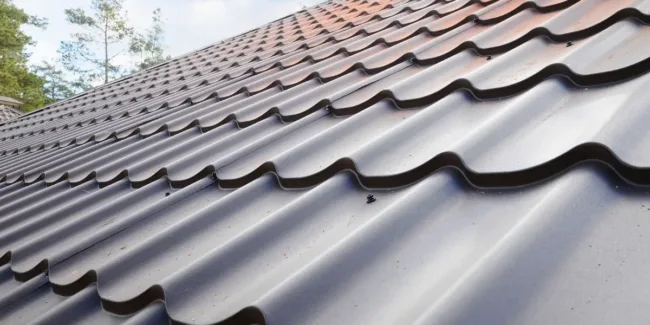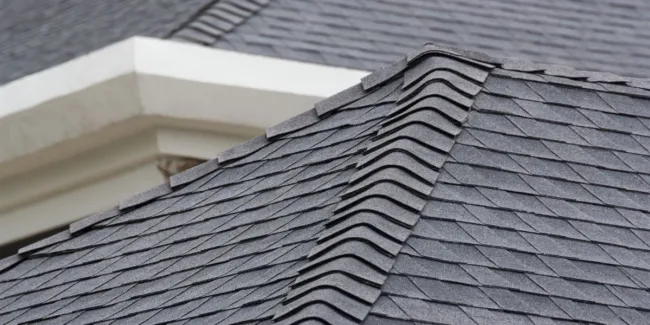Do You Need a Permit to Replace Your Roof in Michigan?
At the core of Michigan’s permit rules for roofing projects is the Michigan Building Code (MBC). This code lays out general requirements for any construction or alteration work that affects the structure or safety of a building. For roofing specifically, the code differentiates between ordinary repairs—which typically do not require a permit—and more substantial work, such as full roof replacements or structural changes, which almost always do.
Ordinary repairs are defined as minor tasks that don’t impact the structural integrity or fire safety of the building. Examples include replacing a few damaged shingles or performing small, routine maintenance. However, once your project goes beyond these minor tasks—like replacing more than four sheets of roof decking or altering load-bearing parts of the roof—it’s considered a more substantial project and requires a permit.
Local Interpretations and Requirements
Although the MBC sets these overarching rules, it’s up to each local municipality to interpret and enforce them within their own jurisdictions. As a result, permit requirements for roofing work can vary across the state. Let’s take a closer look at how this plays out in some of Michigan’s major communities.
Farmington Hills
In Farmington Hills, a building permit is explicitly required for roof replacement projects that go beyond minor repairs. This includes full roof replacements as well as any work that involves replacing more than four sheets of decking, making structural changes, or modifying load-bearing parts of the roof. These permit requirements align with the MBC, ensuring that significant alterations to the building’s structure are done safely and to code.
If your project is limited to minor repairs—such as replacing a few damaged shingles—no permit is needed in Farmington Hills. This clear distinction helps homeowners know when they can proceed without paperwork and when they must involve the local building department to stay compliant.
Grand Rapids
Grand Rapids takes a proactive approach to roofing safety and compliance. Here, a residential building permit is required for all re-roofing projects, even if you’re just replacing shingles. This strict policy is designed to ensure that every roofing job meets the Michigan Residential Building Code and local zoning ordinances.
To obtain a permit in Grand Rapids, homeowners and contractors must submit plans showing the full scope of work. These plans can be submitted electronically or via USB, making the process more convenient. Local officials then review the plans to confirm that the work will meet standards for structural integrity, fire safety, and energy efficiency.
This rigorous permitting process means that even smaller projects, like shingle replacement, require a permit in Grand Rapids—an important reminder that homeowners should always check their local rules before starting any work.
Highland Park
In Highland Park, the rules are similar to many other Michigan municipalities. A permit is required for full roof replacements or any work that involves structural changes. Local ordinances, which align with the state code, also distinguish between normal maintenance—which does not include full roof replacement—and more substantial work.
For example, if you’re just performing minor repairs, such as replacing a few missing shingles or patching up small areas, you do not need a permit. But as soon as the work involves replacing an entire roof or addressing structural components, a permit is required to ensure the work is safe and up to code.
Isabella County
Isabella County also follows the MBC closely when it comes to roof replacement projects. Here, any roofing project that involves more than ordinary repairs—especially if it includes structural changes—requires a building permit. This helps ensure that all substantial alterations are done correctly and that the final product will stand up to Michigan’s harsh weather and rigorous safety standards.
For minor tasks like replacing a handful of damaged shingles, no permit is typically needed in Isabella County. This sensible approach allows homeowners to take care of small maintenance tasks without unnecessary bureaucracy, while still ensuring that larger projects are properly regulated.
Other Michigan Municipalities
Beyond these specific examples, most other Michigan municipalities follow similar guidelines. They generally require a permit for:
- Full roof replacement
- Any work involving structural changes or load-bearing parts of the roof
- Projects that involve replacing more than four sheets of roof decking
However, most cities and counties do not require a permit for small, routine repairs—like patching up a few shingles—as these are considered ordinary repairs. The key takeaway is that while the MBC provides a uniform framework, local enforcement and documentation requirements can differ. That’s why it’s always best to confirm permit requirements with your local building department before starting any project.
Common Exceptions to Permit Requirements
While Michigan’s permitting rules for roofing projects are generally clear, there are a few scenarios where homeowners might be able to skip the permit process altogether.
Minor Repairs and Maintenance
Minor, non-structural repairs—like replacing a few missing or damaged shingles—are usually considered ordinary repairs and do not require a permit. These tasks are low-risk and unlikely to affect the roof’s overall performance or safety, so homeowners can complete them without involving the local building department.
Shingle-Only Replacement in Some Areas
In certain Michigan cities, shingle-only replacement projects may not require a permit if they do not involve structural work or decking replacement. For instance, Portage, Michigan, does not require a permit for simply removing and replacing shingles. However, because definitions of “repair” versus “replacement” can vary, it’s always wise to check locally.
Why Permits Matter
You might be wondering why there’s such a focus on permits for roofing projects in Michigan. There are several good reasons for this:
Compliance with Building Standards
Permits ensure that your project meets modern safety and building code standards. Michigan’s harsh winters, heavy snow loads, and unpredictable weather make it essential that your roof is strong, properly ventilated, and weather-resistant. By requiring permits, building officials can review your plans and inspect the work to confirm it’s done safely and correctly.
Protecting Your Investment
If you decide to sell your home in the future, prospective buyers and lenders may ask for proof that any major work—like a roof replacement—was done under a valid permit. Having that documentation can speed up the sale process and reassure buyers that the home is in good condition.
Insurance Coverage
Unpermitted work can create headaches if you ever need to file an insurance claim. Insurance companies often deny claims for work that wasn’t properly permitted, which could leave you responsible for expensive repairs.
Quality Control
Permits also typically trigger inspections by local building officials. These inspections help catch mistakes early—like improper flashing installation or poor ventilation—that could lead to leaks, mold, or structural issues down the line.
Bottom Line: What Homeowners Need to Know
For homeowners across Michigan, the bottom line is straightforward: full roof replacements and any work involving structural changes or major decking replacement almost always require a permit. In most communities, this includes replacing more than four sheets of decking, altering structural beams, or adding new ventilation systems. On the other hand, minor repairs—like swapping out a few shingles—generally do not require a permit.
However, because local interpretations of the MBC can vary, it’s always best to check with your local building department before starting any roofing project. This simple step can help you avoid fines, delays, and expensive fixes down the road.
Need help navigating Michigan’s roofing permit process? Home Genius covers all permitting and regulation requirements, so you can focus on enjoying your new roof without the stress. From paperwork and inspections to ensuring full compliance with local codes, we handle it all. Contact Home Genius today to schedule your free consultation and let us take care of the details!
